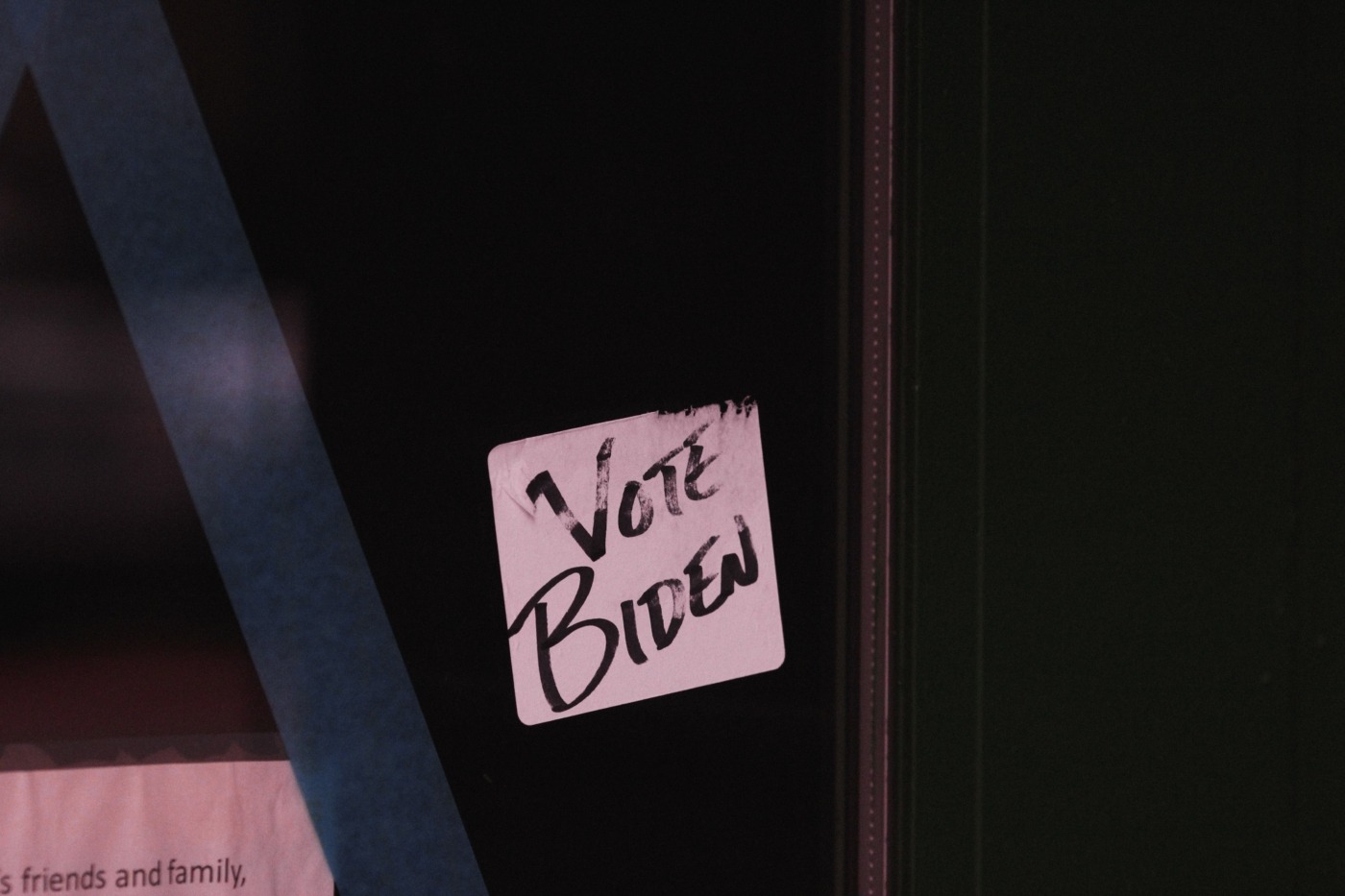Stocks high at the start of President Biden’s inauguration week but investors start to worry
Major stock indexes closed at record highs on Wednesday 21 January as Joe Biden became the 46th President of the United States of America, adding to investor hopes of greater coronavirus economic aid and more stability.
Dow Jones rose 0.83% to finish at 31,188.38 points, while the S&P 500 was up 1.39% to 3,851.85. The tech-heavy Nasdaq Composite gained 1.97%, to a record 13,457.248. The S&P 500’s rise on Wednesday was its largest Inauguration Day gain since 1985, when it rose 2.3% on the start of President Ronald Reagan’s second term, according to LPL Financial data, as reported by Forbes. It also surpassed the 0.3% rise during the inauguration of President Donald Trump in 2017.
Initial investor joy gave way to worries about whether President Biden’s $1.9 trillion stimulus package would get through Congress
The end of the week saw some of the earlier optimism dwindling, as the S&P 500 fell 0.3% to 3,841.47 points while Dow Jones dropped 0.6%, to 30,996.98 on Friday 23 January. Initial investor joy gave way to worries about whether President Biden’s $1.9 trillion stimulus package would get through Congress. However, the Nasdaq rose 0.1% to 13,543.06, another historic close, supported by surging tech stocks. For the week, the Nasdaq was up 4.2% while the S&P 500 and Dow Jones gained 1.9% and 0.6%, respectively.
Rallies in communications and tech stocks pushed the market up. Apple surged 1.6% on Friday, bringing its weekly gain to 9.4%. Facebook and Microsoft also rose 9.2% and 6.3%, respectively, for the week. These companies are due to report earnings next week. “This week’s rally has been led by growth stocks and mega-cap tech names,” said Mark Haefele, chief investment officer at UBS, as reported by CNBC.
But investor anxiety on Friday started to dampen the markets’ mood. Alongside Dow Jones and the S&P 500, European stocks tumbled too, with the Stoxx 600 falling 0.6%. The UK’s FTSE 100 dropped 0.3%, while Germany’s Dax dipped 0.2% and France’s CAC 40 was down 0.6%.
Investors were worried about the continuing rise of covid-19 cases and fatalities
Investors were worried about the continuing rise of covid-19 cases and fatalities, particularly the alarming and deadlier new strain, and concerns arose over President Biden’s highly optimistic stimulus bill. The President proposed a $1.9 trillion coronavirus aid package. But with the narrow Democratic majority in Congress and the influence of more moderate Democrats, the plan may have “a tough road ahead” and that a “pared down version of the package in the ballpark of $1 [trillion]” is more likely to pass by the end of March, economists at Bank of America wrote in a recent report, according to Fortune. Economists at Oxford Economics expect Congress to eventually pass a $1.2tn bill in the first quarter, according to the Financial Times.
Markets have been rallying because of confidence over the coronavirus vaccine and the likelihood of the stimulus deal passing under President Biden. This excitement may now be coming to a halt.
“The virus numbers are not good right now obviously around the world, especially in the U.S. and in Europe, and we’re also getting a little bit more question about how much of the stimulus is actually feasible and what’s the timeline,” Scott Ladner, chief investment officer at Horizon Investments, said, according to Bloomberg. “Those two things are putting just a damper on the enthusiasm that has existed since November.”

Comments